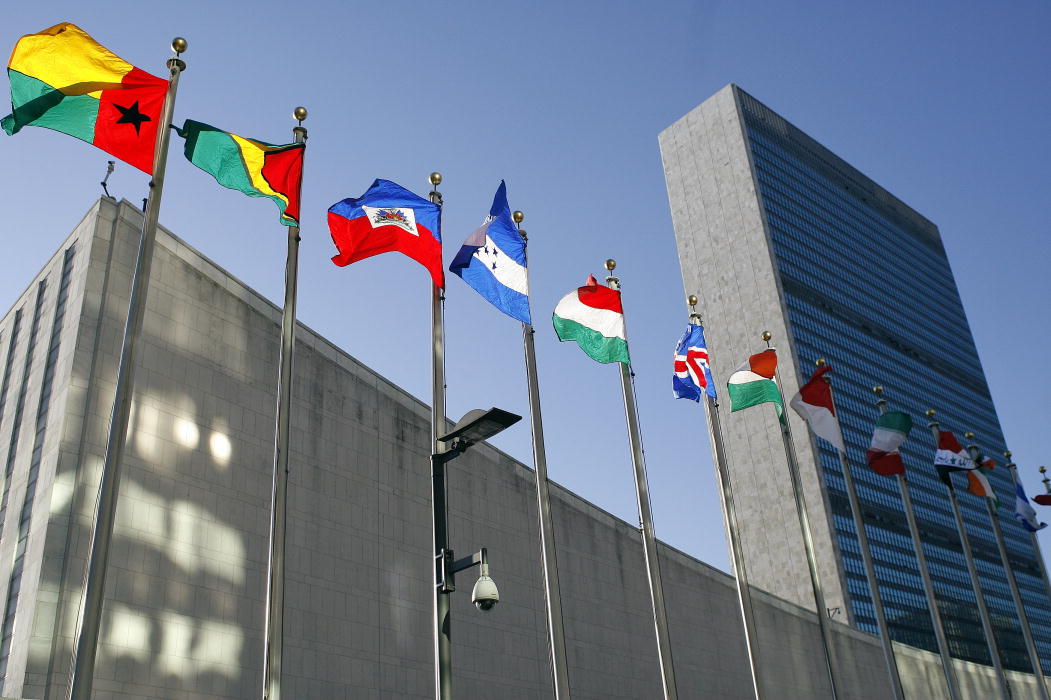The engagement of NGOs with the UN is critical to fulfilling the purposes of the UN Charter, which established the UN. The Charter acknowledges the value of NGO participation in UN processes. However, the relationship between NGOs and the UN has not been monitored or nurtured in the ways envisaged by the Charter. In this respect, a group of NGOs[i] called on UN Economic and Social Council (ECOSOC) members to ensure that its subsidiary body the NGO Committee fulfils its responsibility to engage with NGOs and that ECOSOC takes action where needed to ensure NGO participation with UN processes is safeguarded.
NGOs provide the UN with information, analysis and policy recommendations. They push for normative advances in a bid to see UN decisions and resolutions implemented. NGO access to and participation in UN bodies and processes are enabled in several ways, most notably through the NGO accreditation process managed by the ECOSOC NGO Committee.
Accredited NGOs and those seeking accreditation have faced restrictions to participation. This is most evident in the practice of the NGO Committee, which has been much criticised for being unfair and political in its consideration of some applications. The practice of the NGO Committee of deferring some applications over several years has been condemed by States and UN experts as constituting a form of reprisal. More frequently Committee members have accused NGO applicants of being politically aligned with States, or having terrorist sympathies, without permitting these NGOs the opportunity to defend themselves.
ECOSOC resolution 1996/31 requires the NGO Committee to take steps to monitor the relationship between NGOs and the UN. The resolution requires the Committee to hold meetings with accredited NGOs before each session and at other times as necessary, to discuss ‘questions of interest to the Committee or to the organizations related to the relationship between NGOs and the UN.’ As far as we know, no such meetings have been held, in recent years.
In the absence of formal opportunities to engage with the NGO Committee, NGOs have sought to address the Committee briefly at the start of its sessions. However, on the two most recent occasions these attempts have been rejected. The Committee’s refusal to engage with NGOs on general topics of concern is in contradiction to its responsibilities outlined in resolution 1996/31.
While positive steps have been made – such as the recent ECOSOC decision to webcast open sessions of the NGO Committee, ECOSOC now needs to ensure the NGO Committee carries out meetings it is required to and provides ECOSOC with a report of those conversations. We call on members of ECOSOC to take action to ensure that NGO access and participation is respected and safeguarded.
[i] Amnesty International, Article 19, Asian Legal Resource Centre, Center for Legal and Social Studies (CELS), CIVICUS, Commonwealth Human Rights Initiative, CONECTAS, Corporación Humanas (Chile), Freedom Now, Hawaii Institute for Human Rights, Human Rights Watch, International Commission of Jurists, International Service for Human Rights, International Federation of Settlements and Neighborhood Centers (IFS), Jacob Blaustein Institute for the Advancement of Human Rights, Legal Resource Centre, Outright International.
Contact: [email protected]
Photo: UN Photo/Mark Garten




